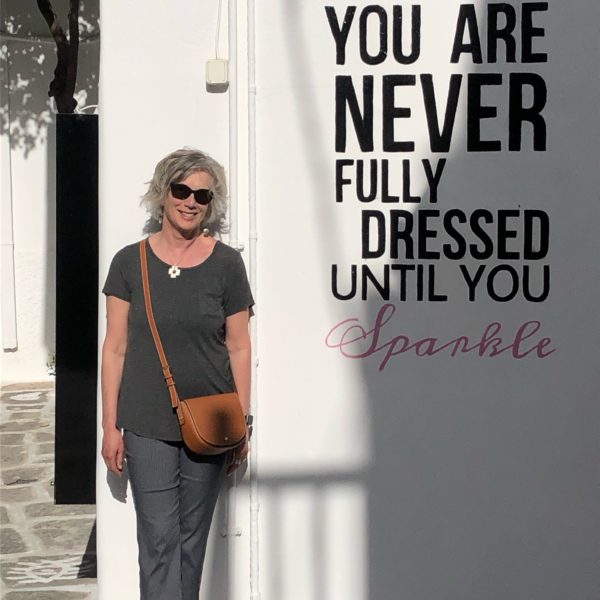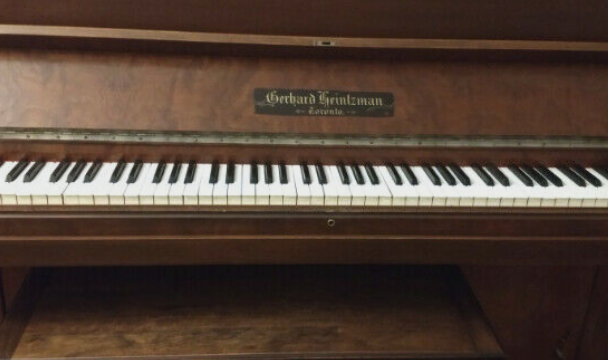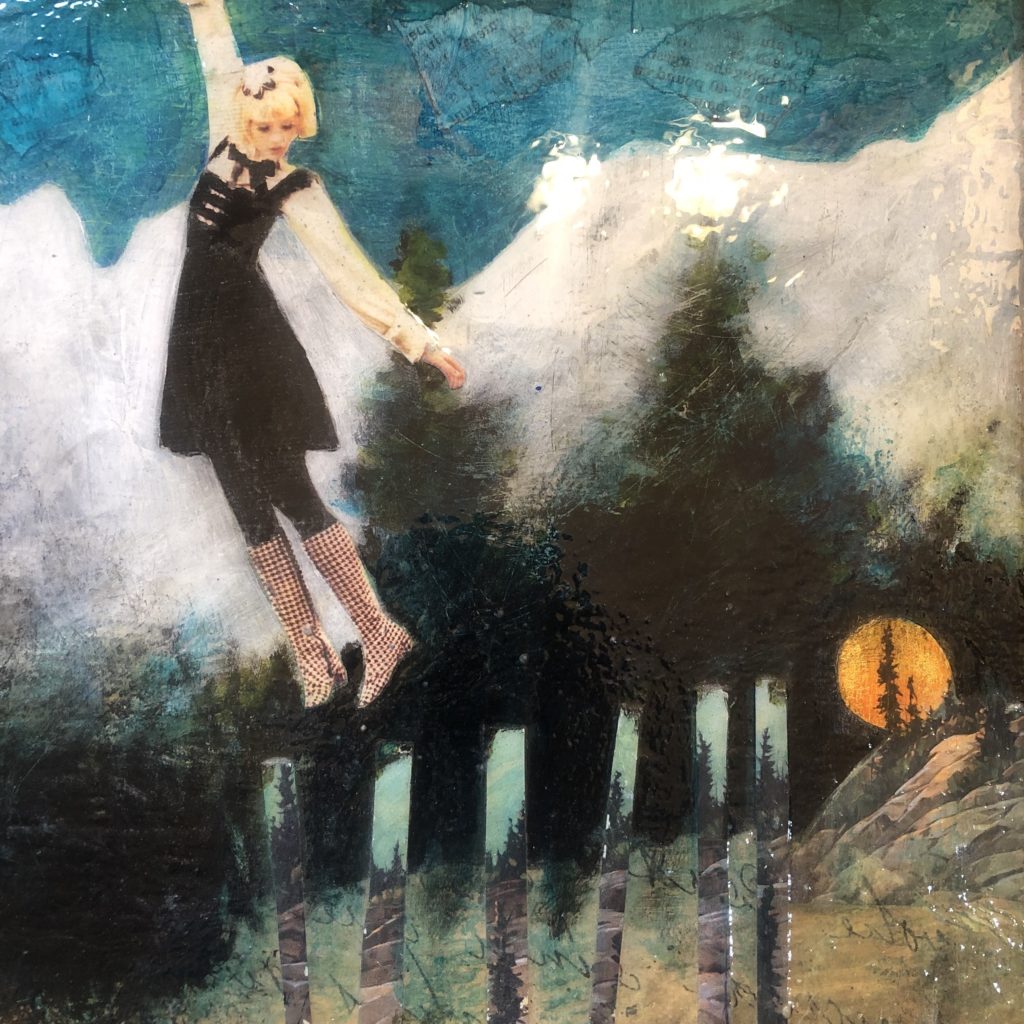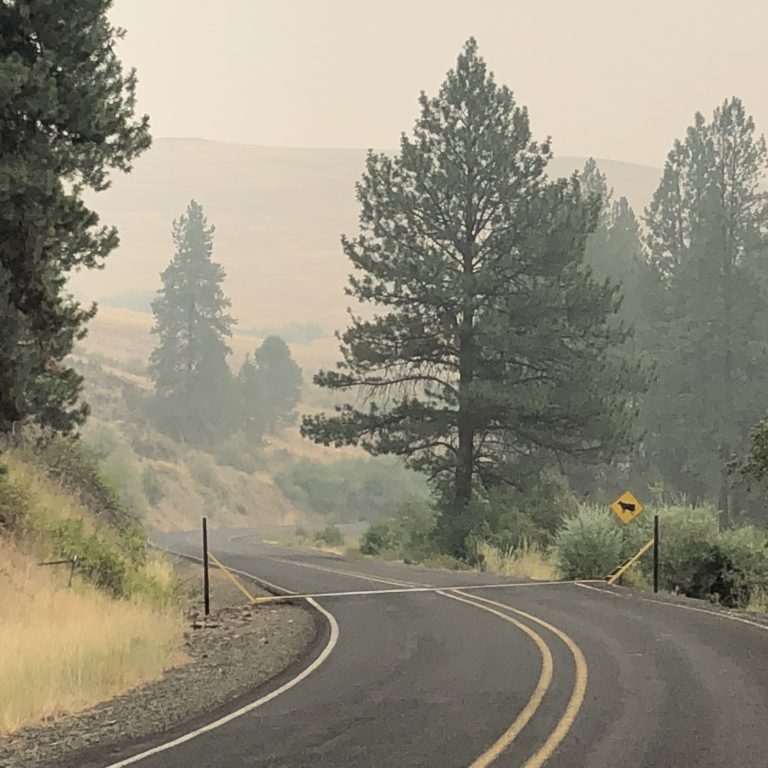It was a tallish tin, at least in comparison to the current squat glass jars of yeast I buy now. I think the tin was yellow or maybe it was white and just the plastic snap-on lid looked lemony. The top opening of the little ridged can was about two inches in diameter and the height was probably twice that.
The tin, emptied of yeast by Mom’s endless bread-baking, was stuffed with skinny pieces of paper. Snapping off the lid revealed a multitude of squished strips, like inventory from a fortune cookie factory. The tin sat on top of our Gerhard Heintzman upright piano beside the metronome and the stacks of music held down by the dark blue of the Mennonite hymnal. Of course, those slips weren’t actual fortunes, though in many ways they controlled much of my piano practise destiny.
Like the pages of multiplication tables I was forced to write out at our dining room table, I was the one who had written on each piece squished into that tin. Those little fortune slips had to be filled with tiny print. I was in elementary school, my printing still not fluid so writing small was hard. I think I was probably between ten and twelve-years old and quite sure that what I was being forced to do was like a prisoner forging the links in his own leg chains.
There is a possibility I might have been a child prone to dramatic thinking. There is a possibility that this might still be true…
Each fortune pulled from the tin meant that I had to play that particular formation. I had to look this stuff up in order to write this post, because I no longer remember the names of the scales or other requirements. I have copied and pasted this from the Royal Conservatory of Music page: C major, G major, and F major scales (using key signatures and/or accidentals) • A minor, E minor, and D minor scales, natural and harmonic forms (using key signatures and/or accidentals) • relative major/minor key relationships • scale degree numbers ( 1– ˆ 8) ˆ • scale degree names: tonic, subdominant, dominant, and leading tone Chords • tonic triads of required keys in root position (solid/ blocked or broken form) • functional chord symbols (I, i) • root/quality chord symbols (for example, C, Am)C Major, D Minor, Chromatic scales, Dominant 7th scales, chromatic.
I don’t recall how many I had to pull at each of my practise sessions but I do know that I received First Class Honours for all my piano exams. That wasn’t hard, as it was made clear that only top marks were allowed. Besides, practising up to four hours each day (before school, after school, after supper) in a small house that held two pianos and a Hammond organ, ensured perfect fingering.
Piano practise dominated my childhood from the age of five until early in high school. I hated it all.
When I passed the Grade Eight Royal Conservatory piano exam and the Grade Two theory exam (First Class Honours, thank you very much) I was allowed, like my two older sisters before me, and after serious negotiations, to quit.
I found out much later in life that it had always been my mother’s dream to play piano because she remembered a girl from her Saskatchewan childhood who could play, and, as a result, or so my mother thought, that girl was very popular. Mom never learned for herself and was determined that her three daughters would fulfill that dream, not realizing that piano-parlour playing had pretty much disappeared from fashion and would not be a determinant in the number of friends found in our futures.
I no longer remember anything about all that music theory (see copy & pasted verbiage above). Looking at any of this now would be as easy as trying to read Greek. I resented those hours, the endless practising, the ongoing fights and the toughness of my mother to never allow any slip in the schedule. Mostly I resented that stupid tin filled with scales.
Which is why, it is rather confounding at how excited I am, that tomorrow, a free piano, from the Baptist Church (oh the irony of it all), will be coming through our front door. Here I am, at 59-years old, only a few years younger than the age Mom was when she died, excited by the arrival of my piano.
I will polish the wood on that upright and then I will clean its keys, although probably not as well as my mother did every Monday. She would wrap a wet rag around her right index finger and wash each key, white, black, white, black, white, white…plink, plink, plink…from the bottom to the top of the keyboard. Then, wrapping a fresh dry rag around that same finger, she would repeat the process, polishing each key in succession. It was the closest she ever got to playing.
The seed for this musical acquisition was planted last October when I joined the community choir and realized that, although my left hand was holding my music binder, my right hand was busily fingering out the keys to each of my alto notes. My fingers, tapping away with no thought from me, were picking out the tune on the back of the pew in front of me. It happened before I knew it was happening. Apparently all that muscle memory was still stuck in some random decades-old synaptic connection.
So Mom, I’m pretty sure this piano won’t make me popular and I can almost guarantee there’s not going to be a parlour party sing-a-long. I most assuredly promise you that there will be no yeast tin filled with random scales.
Still, I want to thank you for not letting up because as rusty as it may be, it feels good to have this piano-playing ability.
I’m just sorry you could never allow yourself to fulfill your own dreams. It pains me to think of all that you pushed down and away and eventually even forgot you might have wanted. I wonder how old you were when you realized dreams and aspirations weren’t for girls? Especially not poor prairie farm girls, and later, especially not for a Mennonite wife and mother who could envision nothing beyond the dutiful honour of being a housewife.
I hope it helps to know that at least this one dream of yours will live on. This time it won’t be in the form of rote practise by a resentful little girl.
Instead, I promise I will play each key with lots of heart, love and joy.
I hope the notes find you…





That is absolutely beautiful.
Thank you so much Mary.
Funny, I remember being your mother’s helper when she was pregnant with you and thinking how lucky Diane was because she didn’t have to do any chores after school. All she had to do was sit at the piano! Rich kid.
I hated getting up early to clean & milk cows, put milk through a separator, wash all those damn discs, collect eggs, feed pigs, and pick berries in the summer instead of going on a holiday. I did love the animals though.
Fast forward to today, and I would love to live on a farm with cows, pigs, chickens, goats and, of course, a horse.
More irony eh? We all end up back, or wishing for, some version of our original story. Me with my piano and you wanting those farm animals…
Martha, I had no idea you were Mom’s helper when she was pregnant with me. Every day holds some new surprise. Life eh?
Brings back so many memories. Love the perspective and poignancy you bring to them. Thank you.
Thanks Liz. It continues to amaze me how immediate some memories can feel.
You can imagine how this post hits me right in the heart. I was thinking just this morning about how much I love playing…how it was always like therapy for me from the time I started lessons until this very day. I see that same love in my grandson, and it thrills me.
BUT, “playing piano” and “practicing piano” are two very different things, I was no more enamored of practicing than any other average student. Luckily, my parents let me go at my own pace. And no, I’m not a concert pianist, but I have played all my life and even earned money for it from time to time.
I hope you find some of the joy that comes from actually PLAYING piano, in every sense of that word.
Becca. I so appreciate this comment and most especially your emphasis on ‘playing’ the piano. I can’t believe I never noticed the playful connotation of that word before. I promise to remain faithful to the playing part and not so much the practising part.
Thank you for that!